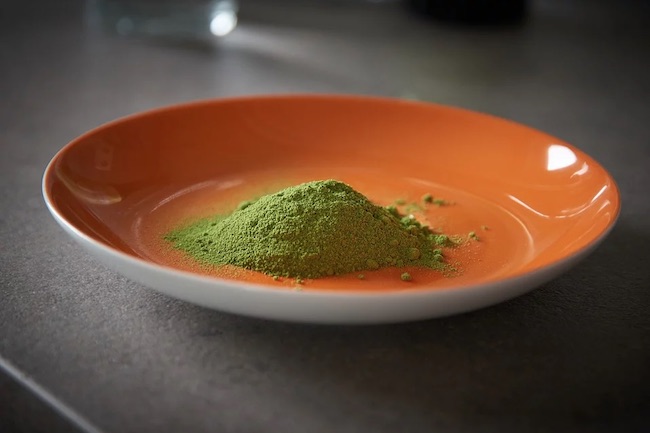Moringa leaves show promise as a prebiotic with anti-obesity effects By Ralph Flores for Prevention
A recent study by scientists from the Nanjing University of Chinese Medicine in China revealed that a polysaccharide present in the moringa plant (Moringa oleifera) has potential applications as a prebiotic with anti-obesity properties. In their report, which was published in the Journal of Medicinal Food, the team looked at MOs-2-a, a polysaccharide obtained from moringa leaves, and its benefits on gut health.
Moringa can improve gut health
Moringa has a long history of use in traditional medicine around the world. The plant, native to South Asia, has multiple uses in Ayurveda, from relieving headaches and easing constipation to promoting weight loss and improving libido. Recent studies, in fact, have found that moringa can potentially lower cholesterol, regulate blood sugar and treat other health issues.
In their report, the Chinese team explored the health benefits of MOs-2-a (1.35 x 104 Da). In particular, the team looked at whether the polysaccharide can improve gut health using a murine model. For a month, the mice were treated with MOs-2-a. During this time, the team measured the mice’s body weight, immunity and gut health.
The findings revealed that mice treated with MOs-2-a had significantly better immunity than untreated mice. In addition, the mice had more of a gut bacteria strain known for its anti-obesity properties. According to the team, the moringa polysaccharide can improve the function of digestive enzymes to degrade starch, lipid and protein in food.
“The polysaccharide of M. oleifera leaf might be a promising prebiotic that exhibits health promotion effects,” wrote the researchers.
Other benefits of moringa
Moringa is a plant known for its many health benefits. Despite being used in traditional medicine for thousands of years, scientists are still uncovering its many health benefits.
To note, a cup of freshly chopped moringa leaves contain the following nutrients:
- Protein: 2 grams
- Vitamin B6: 19 percent of the recommended daily allowance (RDA)
- Vitamin C: 12 percent of the RDA
- Iron: 11 percent of the RDA
- Riboflavin (B2): 11 percent of the RDA
- Vitamin A (from beta-carotene): 9 percent of the RDA
- Magnesium: 8 percent of the RDA
Dried moringa leaves are sold as dietary supplements.
Moringa pods, on the other hand, contain fewer vitamins and minerals than the leaves, except for vitamin C. To note, one cup of freshly sliced pods is equivalent to 157 percent of the RDA.
Here are some science-backed benefits of moringa: (Related: The nutritional and medicinal uses of Moringa oleifera.)
- Moringa is packed with antioxidants. Research has shown that moringa contains phytonutrients with potent antioxidant properties, including quercetin and chlorogenic acid. These two antioxidants have been shown to reduce blood pressure and regulate blood sugar levels after meals.
- Moringa has anti-inflammatory activity. Fruits, vegetables and spices are known for their anti-inflammatory properties. Studies have shown that moringa contains isothiocyanates, which are potent anti-inflammatory compounds.
- Moringa helps lower blood sugar levels. Taking moringa leaf powder every day may help reduce fasting blood sugar levels by 10 percent, on average, according to a recent study published in the Journal of Food Science and Technology. In the report, researchers also noted that moringa powder can be used to prevent complications post-menopause.
- Moringa can reduce cholesterol levels. Moringa, together with flaxseeds, oats and almonds, are known plant-based foods that can effectively reduce cholesterol. This helps reduce a person’s risk of cardiovascular disease.




